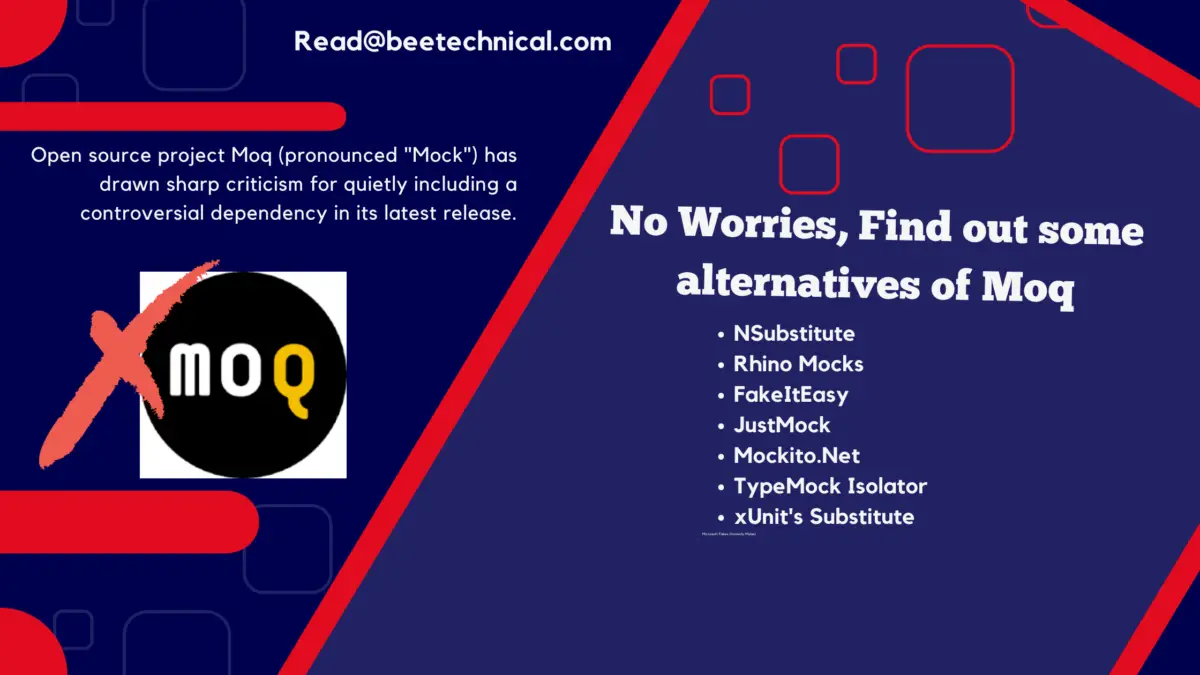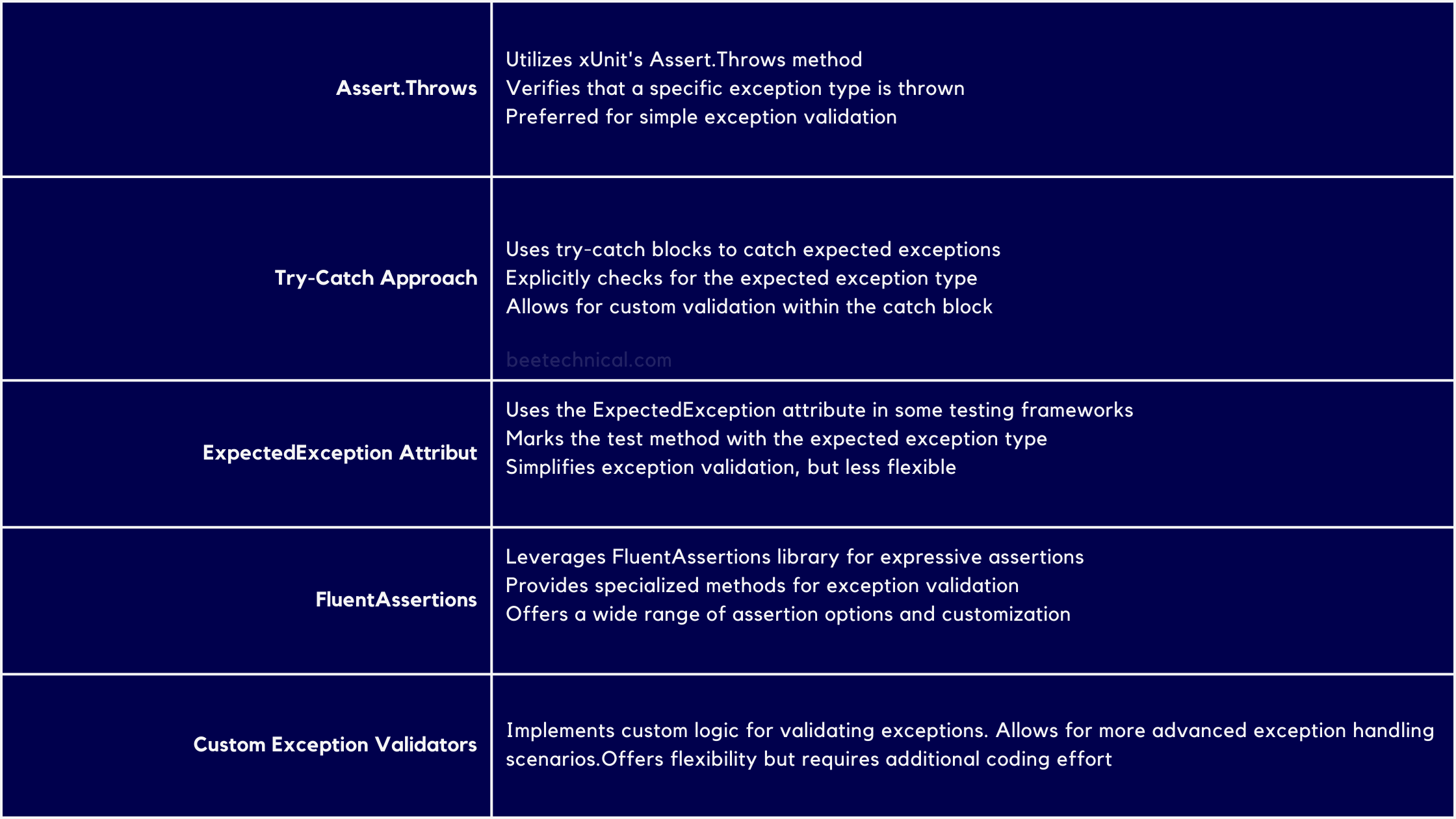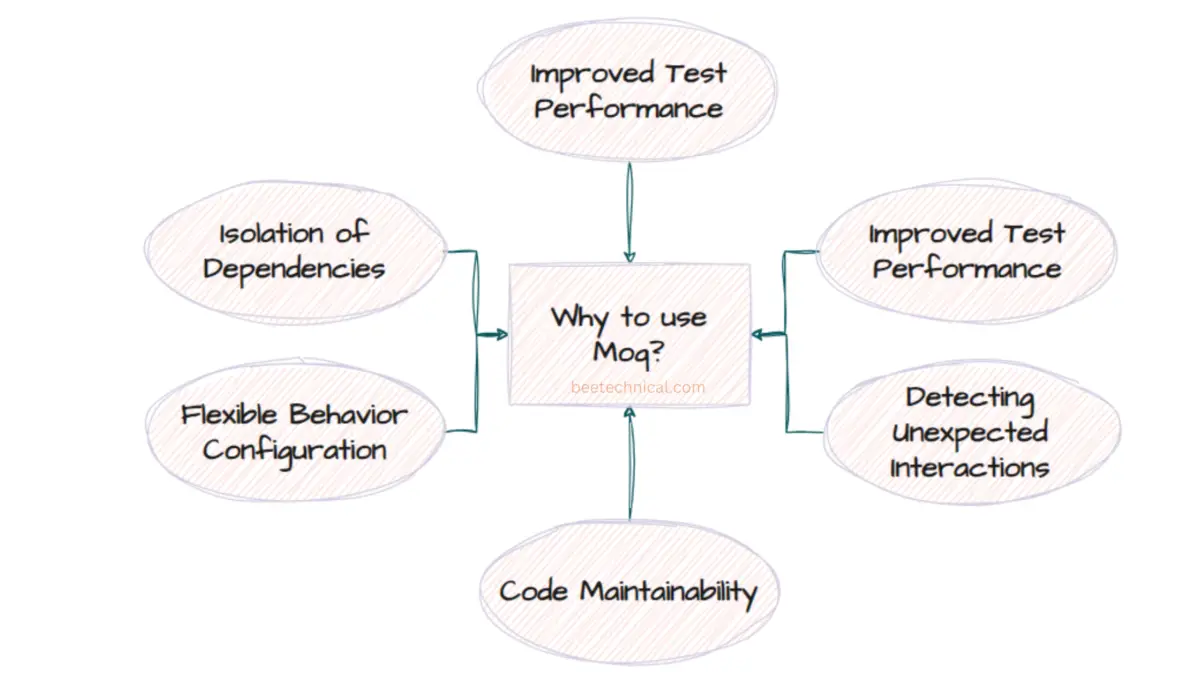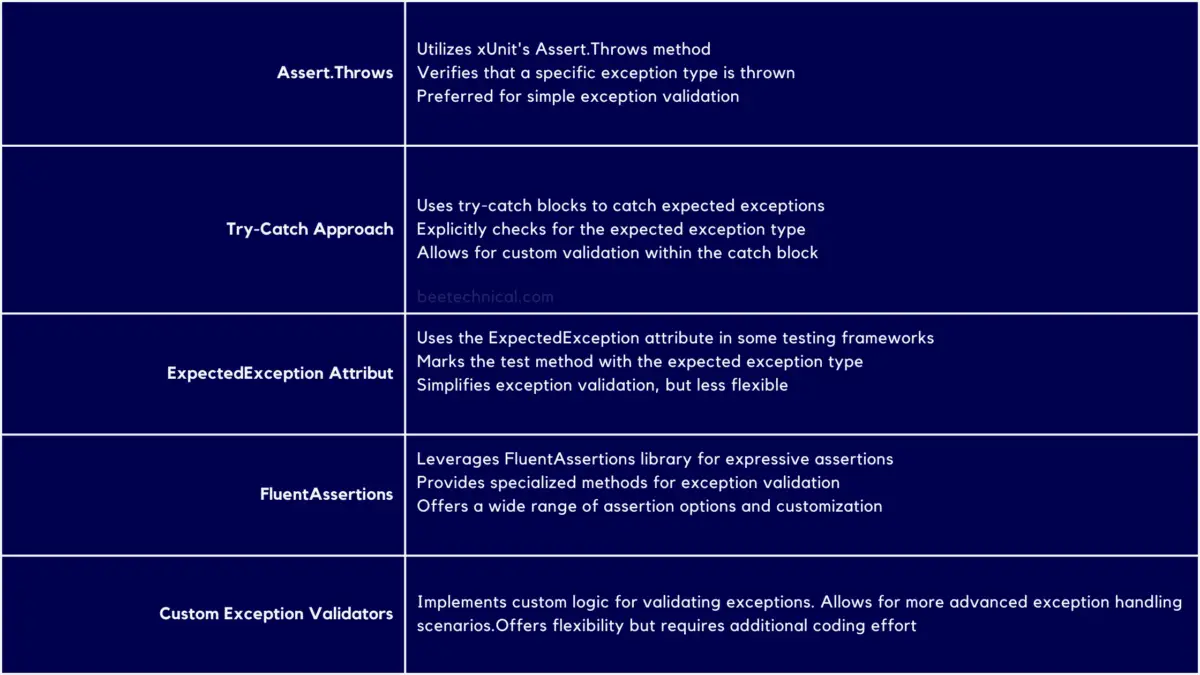Unit testing and test-driven development have become integral practices in modern software development. Mocking frameworks like Moq play a crucial role in creating isolated unit tests.
However, Moq might not always be the perfect fit for every project or developer’s preferences. In this article, we’ll explore 10 compelling alternatives to Moq, each offering unique features and benefits to .NET developers.

The Controversy Surrounding Moq
The open-source project Moq (pronounced “Mock”) has recently found itself in the midst of a heated debate, as its latest release has stirred controversy due to the discreet inclusion of a contentious dependency. This unexpected addition has drawn sharp criticism from the software development community, raising concerns about transparency, trust, and the potential implications for users who rely on Moq for their testing needs. While the Moq project has historically been valued for its contribution to the testing ecosystem, this incident underscores the importance of considering alternatives and understanding the landscape of mocking frameworks available to .NET developers.
NSubstitute
NSubstitute is known for its intuitive syntax and simplicity. With its focus on readability, NSubstitute allows developers to create mock objects with ease. It’s a great choice for those who prefer a clean and concise syntax for setting up expectations.
Explore These Must-Read Gems in a New Tab!
Rhino Mocks
Rhino Mocks has been a long-standing player in the mocking framework arena. It offers a powerful API for creating mock objects and setting up expectations. Its feature-rich approach can handle complex mocking scenarios.
FakeItEasy
FakeItEasy aims to provide a fluid and natural way to create mock objects. Its flexible and user-friendly syntax makes it a great choice for those who value simplicity while still requiring advanced mocking capabilities.
JustMock
Developed by Telerik, JustMock offers advanced features such as mocking sealed classes and static methods. It’s suitable for projects that require more intricate mocking needs and features not found in simpler frameworks.
Mockito.Net
If you’re familiar with the Java mocking framework Mockito, you’ll find its .NET port, Mockito.Net, quite appealing. It offers a similar syntax and philosophy, making it a seamless transition for developers with Java experience.
AutoFixture
While not a pure mocking framework, AutoFixture is immensely useful for generating test data, including mock objects. It seamlessly integrates with other mocking libraries and aids in keeping your unit tests DRY.
Pex and Moles
Microsoft Research’s Pex and Moles provide a unique approach to testing by allowing you to isolate methods and modify behavior. While primarily useful for challenging testing scenarios, it’s a valuable tool in the toolbox of experienced developers.
TypeMock Isolator:
For complex scenarios that involve mocking static methods and private members, TypeMock Isolator shines. As a commercial framework, it offers powerful features that cater to intricate mocking needs.
xUnit’s Substitute
If you’re already using the xUnit testing framework, its built-in mocking library, Substitute, might be an ideal choice. It’s lightweight, easy to use, and integrates well with the xUnit ecosystem.
Microsoft Fakes (formerly Moles)
Included in Visual Studio Enterprise, Microsoft Fakes (formerly Moles) provides shims and stubs to intercept and modify code behavior. It’s particularly helpful for legacy codebases and challenging scenarios.
Conclusion
The world of mocking frameworks for .NET is diverse and rich in choices. The ideal alternative to Moq depends on your project’s requirements, your familiarity with the syntax, and the complexity of your mocking scenarios. Regardless of your choice, the goal remains the same: to create efficient, isolated unit tests that verify your code’s functionality and maintainability. Experiment with these alternatives to find the one that best suits your development style and project needs.
References for this article





